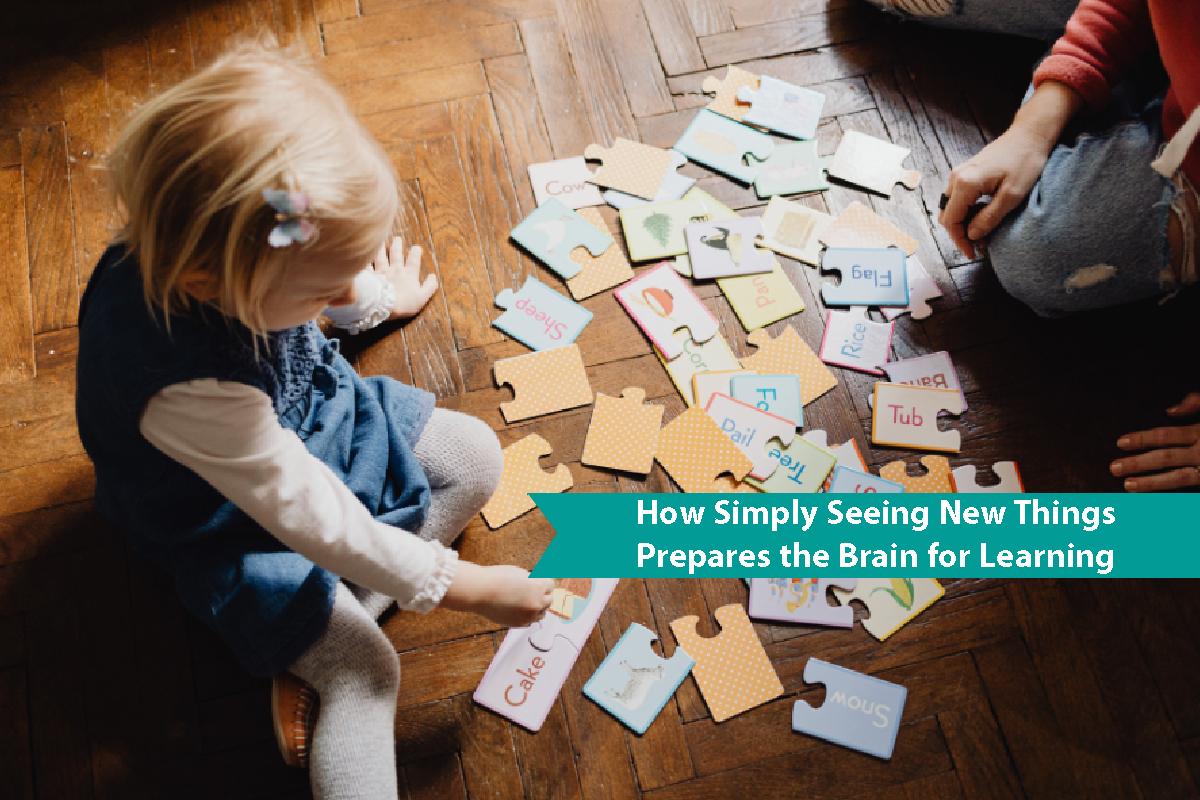
🔍 How Simply Seeing New Things Prepares the Brain for Learning
✍️ Source: ScienceAlert (Based on research by Ohio State University)
💡 Key Insight:
A groundbreaking study shows that even without intentional learning, simply being exposed to new images or objects activates the brain and builds a kind of “mental readiness.” When learning does happen later, it’s faster and deeper.
The researchers introduced participants to images of fictional creatures. The participants weren’t asked to memorize or learn anything—just observe. Later, during a formal learning phase, those who had previously seen the creatures (without any explanation) learned to categorize them significantly faster than those who had never seen them before.
🏃 Why does this matter—especially for children?
• Passive exposure helps children build mental patterns before formal learning even starts.
• Kids become familiar and comfortable with new topics, reducing anxiety or resistance.
• It boosts their confidence and willingness to engage.
• This approach is especially useful for bilingual education, math, science, and new environments.
🔬 How it works:
The brain is constantly forming connections. When children see or hear something repeatedly—without pressure to understand—it prepares their minds to recognize, categorize, and eventually master it when formal learning begins.
🎯 Practical Tips for Parents & Educators:
✔️ Play Farsi songs, audio stories, or cartoons at home—even if your child doesn’t fully understand yet.
✔️ Put up educational visuals—Farsi alphabet charts, math posters, or science images—where your child can casually notice them.
✔️ Visit cultural events, museums, or libraries with your child. The passive experience counts!
✔️ Don’t worry if your child doesn’t show interest immediately. Think of it as planting seeds that will grow over time.
🌱 At Vatan Academy, we design our Farsi and math programs based on this principle. We combine fun exposure with structured learning so that children feel safe, curious, and eager to learn.
📖 Read the full study: sciencealert
